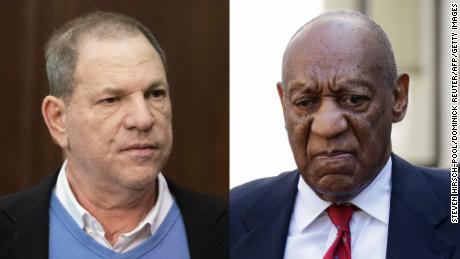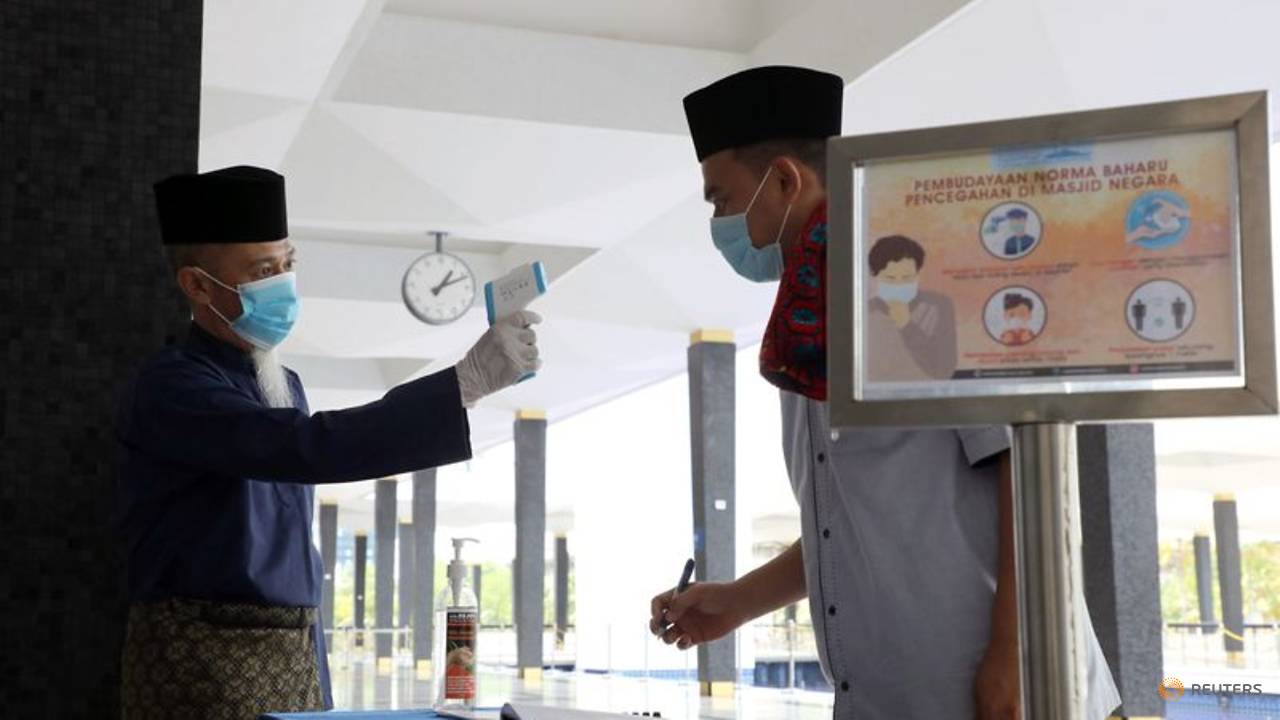Nigeria's lawmakers reacted following CNN'sinterview last week with Monica Osagie, who alleged a professor of hers said she would fail his class unless she slept with him. She recorded one of their conversations using a cell phone app, and it was leaked online and went viral on social media.Senate President Bukola Saraki called for a "full-scale investigation" into Osagie's allegations against the lecturer who has since been suspended from Obafemi Awolowo University in southwest Nigeria. The professor, Richard I. Akindele, declined to comment when CNN contacted him. An aide to Saraki said lawmakers in Nigeria's parliament discussed CNN's interview before passing a motion Wednesday. Osagie, 22, a graduate student at the school, told CNN: "I am happy the Senate commended my action. … Finally, Nigerians are seeing sexual harassment as a menace in the society. "Many people are going through it, but they look the other way. I chose to speak against it despite the fact that some people are saying I deserved to be harassed (by) my lecturer," she said. She said two nongovernmental organizations have also contacted her after seeing the interview. "Many organizations have said they want to honor me for my bravery after they saw the CNN interview," Osagie said. "Some schools contacted me on Facebook to talk to their students, and they are proud of me. I hope this will encourage more victims to publicly share their experience."Sen. Abiodun Olujimi, who raised the motion, told CNN that lawmakers were moved to act because they were concerned cases of sexual misconduct often are overlooked and underreported. "Many students are being sexually harassed every day, but they (are) scared to come out because of what the public and even their family will say. That is why we will continue to push legislation that (will) give adequate punishment …,"Olujimi said.The lawmakers said they had passed a bill against sexual harassment two years ago to ensure "that such perversion is curbed in places of learning."The legislation proposes a five-year jail term for lecturers convicted of sexual assault but is stuck in Nigeria's lower house. ThePresident will also need to sign the bill before it becomes law. University authorities said the school will work with the Senate to ensureinvestigations are carried out in a transparent manner."We are not hiding or protecting anyone. The vice chancellor has said once the report is ready, they will disclose it. A preliminary report on the investigations was released as a statement on our website. That shows how much we are committed to addressing this issue,"said Abiodun Olanrewaju, a spokesman for the university. Nigerian student says her lecturer asked for sex to have her grades raisedA rights group has also called on the Nigerian Senate to pressure universities to activate policies that protect students reporting such cases from being victimized."This is a wake-up call for all other universities to address sexual harassment on their campuses," Abiola Akiyode-Afolabi of the Women Advocates Research and Documentation Center told CNN. "We hope this will lead to a more committed intervention by schools and government to … investigate these accusations in a timely manner."
Nigerian student says her lecturer asked for sex to have her grades raisedA rights group has also called on the Nigerian Senate to pressure universities to activate policies that protect students reporting such cases from being victimized."This is a wake-up call for all other universities to address sexual harassment on their campuses," Abiola Akiyode-Afolabi of the Women Advocates Research and Documentation Center told CNN. "We hope this will lead to a more committed intervention by schools and government to … investigate these accusations in a timely manner."
Original Article
Nigeria's lawmakers reacted following CNN'sinterview last week with Monica Osagie, who alleged a professor of hers said she would fail his class unless she slept with him. She recorded one of their conversations using a cell phone app, and it was leaked online and went viral on social media.Senate President Bukola Saraki called for a "full-scale investigation" into Osagie's allegations against the lecturer who has since been suspended from Obafemi Awolowo University in southwest Nigeria. The professor, Richard I. Akindele, declined to comment when CNN contacted him. An aide to Saraki said lawmakers in Nigeria's parliament discussed CNN's interview before passing a motion Wednesday. Osagie, 22, a graduate student at the school, told CNN: "I am happy the Senate commended my action. … Finally, Nigerians are seeing sexual harassment as a menace in the society. "Many people are going through it, but they look the other way. I chose to speak against it despite the fact that some people are saying I deserved to be harassed (by) my lecturer," she said. She said two nongovernmental organizations have also contacted her after seeing the interview. "Many organizations have said they want to honor me for my bravery after they saw the CNN interview," Osagie said. "Some schools contacted me on Facebook to talk to their students, and they are proud of me. I hope this will encourage more victims to publicly share their experience."Sen. Abiodun Olujimi, who raised the motion, told CNN that lawmakers were moved to act because they were concerned cases of sexual misconduct often are overlooked and underreported. "Many students are being sexually harassed every day, but they (are) scared to come out because of what the public and even their family will say. That is why we will continue to push legislation that (will) give adequate punishment …,"Olujimi said.The lawmakers said they had passed a bill against sexual harassment two years ago to ensure "that such perversion is curbed in places of learning."The legislation proposes a five-year jail term for lecturers convicted of sexual assault but is stuck in Nigeria's lower house. ThePresident will also need to sign the bill before it becomes law. University authorities said the school will work with the Senate to ensureinvestigations are carried out in a transparent manner."We are not hiding or protecting anyone. The vice chancellor has said once the report is ready, they will disclose it. A preliminary report on the investigations was released as a statement on our website. That shows how much we are committed to addressing this issue,"said Abiodun Olanrewaju, a spokesman for the university. Nigerian student says her lecturer asked for sex to have her grades raisedA rights group has also called on the Nigerian Senate to pressure universities to activate policies that protect students reporting such cases from being victimized."This is a wake-up call for all other universities to address sexual harassment on their campuses," Abiola Akiyode-Afolabi of the Women Advocates Research and Documentation Center told CNN. "We hope this will lead to a more committed intervention by schools and government to … investigate these accusations in a timely manner."
Nigerian student says her lecturer asked for sex to have her grades raisedA rights group has also called on the Nigerian Senate to pressure universities to activate policies that protect students reporting such cases from being victimized."This is a wake-up call for all other universities to address sexual harassment on their campuses," Abiola Akiyode-Afolabi of the Women Advocates Research and Documentation Center told CNN. "We hope this will lead to a more committed intervention by schools and government to … investigate these accusations in a timely manner."
Original Article












